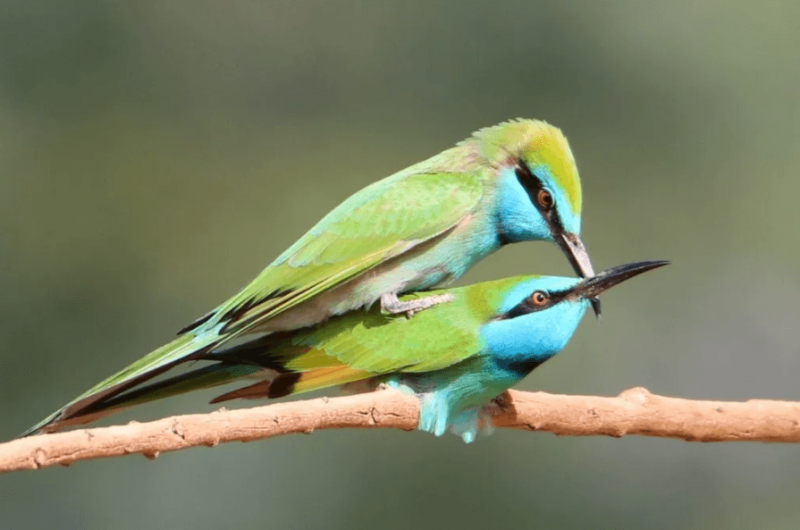Ninety-seven percent of all bird species have no phallus. Those that did, including ostriches, emus and kiwis, sported organs quite different from the mammalian variety. Corkscrew-shaped, they exploded out into the female in one burst, and engorged with lymphatic fluid rather than blood. Sperm traveled down spiraling grooves along the outside.
…
By carefully dissecting the genitals of 16 species of waterfowl, Brennan and her colleagues found that ducks showed unparalleled vaginal diversity compared to any known bird group. There was a lot going on inside those vaginas. The main purpose, it appeared, was to make the male’s job harder: It was like a medieval chastity belt, built to thwart the male’s explosive aim.
…
A world opened up before Brennan’s eyes: the vast variety of animal vaginas, wonderfully varied and woefully unexplored. For centuries, biologists had praised the penis, fawning over its length, girth, and weaponry. Brennan’s contribution, simple as it may seem, was to look at both halves of the genital equation. Vaginas, she would learn, were far more complex and variable than anyone thought.































